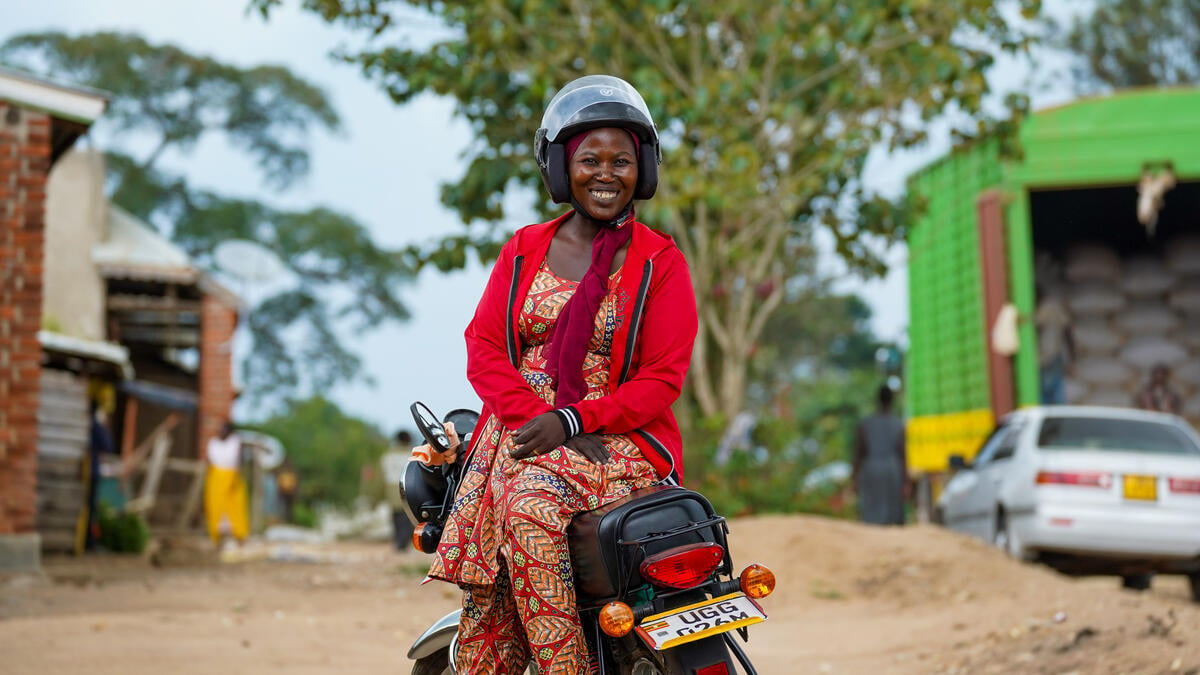DRC: 2,000 new Angolans arrive
DRC: 2,000 new Angolans arrive
More than 2,000 new Angolan refugees have arrived in the Democratic Republic of Congo (DRC) border town of Kimvula over the last few days, bringing to nearly 10,000 the total number of refugees who have fled to the DRC following the Aug. 3 UNITA offensive on the northern Angola town of Beu. NGOs working in Kimvula report that the estimated 2,000 refugees who began arriving in the small town during this week have settled in several villages in the area. Kimvula is some 120 km east of an area called Kitompolo, which has also received in the last ten days thousands of new Angolan refugees fleeing the same conflict. By yesterday (Thursday), UNHCR had registered some 7,200 new refugees in Kitompolo. An estimated 700 others are also still in border villages near the area.
Because of increasing numbers of new arrivals, UNHCR has requested DRC authorities to make available more areas for the settlement of the estimated 10,000 refugees. By yesterday, authorities had approved an additional five villages for the transfer of the refugees. A total of eight villages are now being prepared. On Monday, UNHCR deployed teams to three villages located some 50 km away from the border to begin parcelling land for the settlement of the refugees. Each refugee family is expected to receive 0.5 hectares of land.
Many refugees told UNHCR how the years-long conflict between Angolan government troops and UNITA had forced them to leave their homes more than a dozen times for safer areas inside Angola. This was, however, the first time they had been compelled to cross the border.
The refugees, mainly women and children, fled with few belongings and are living in extremely difficult conditions along the border under rudimentary shelters. They are in generally good physical condition, although a few cases of diarrhoea have been reported. UNHCR has deployed additional staff to the border to assist with registration, the distribution of basic supplies and to expedite arrangements for the transfer of the refugees away from border areas.









